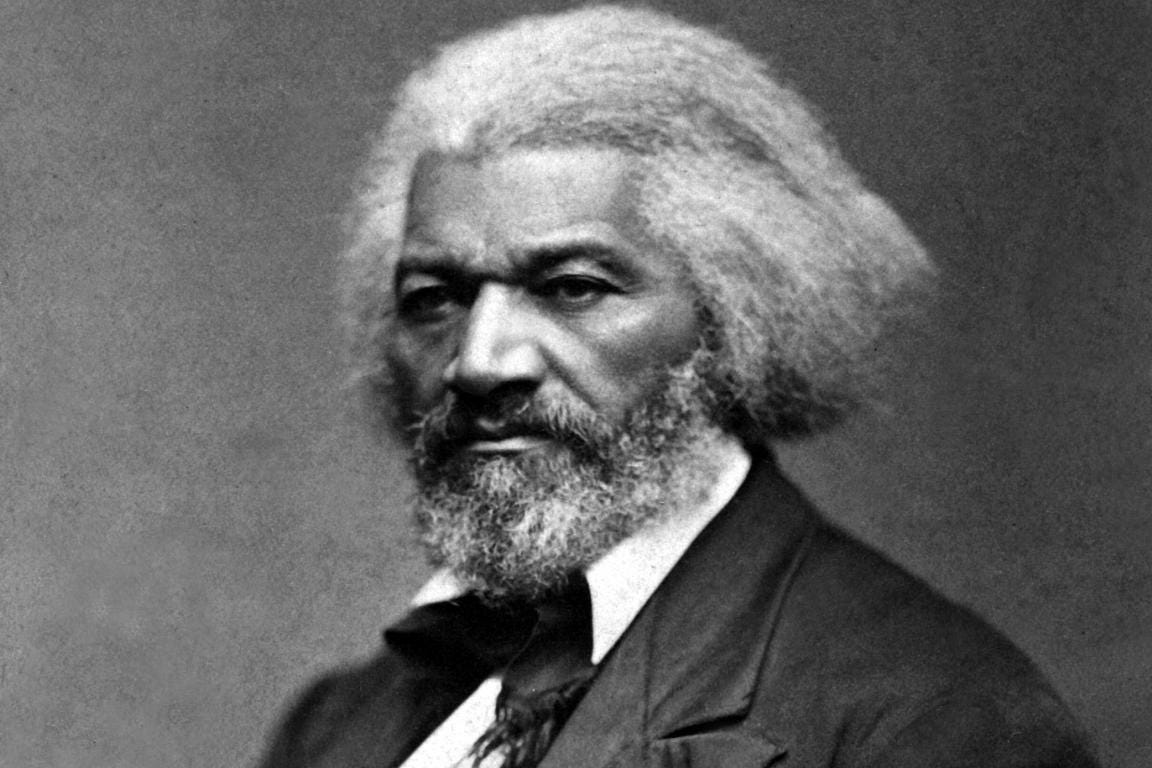If You Can Keep It: Frederick Douglass, the Fourth of July, and the Distance to Freedom
Frederick Douglass exposed the contradictions of America’s promise. As we approach 250 years, the cracks in that promise are showing again.
On July 5, 1852, Frederick Douglass gave a keynote address at an Independence Day celebration and asked,
“What to the Slave is the Fourth of July?”
Below is a powerful video of some of his descendants reading his words.
And here is the full text of his original speech—a searing reminder that patriotism without accountability is just performance.
As I reflect on this 4th of July, I can’t help but think about the milestone ahead:
Next year marks the 250th anniversary of the United States.
Two hundred and fifty years of what many have called “The Great American Experiment.”
“When asked whether the federal constitution of 1787 established a monarchy or a republic, Benjamin Franklin is famously said to have answered: “A republic, if you can keep it.” His point was that establishing a republic on paper was easy and preserving it the hard part.” — Ohio Capital Journal
(Click on the Ohio Capital Journal link for a great article on the American experiment. It includes plenty of helpful links and resources.)
Throughout this country’s history, the challenge of keeping it a democracy has been tested again and again. And each time, the very soul of the republic has been put on trial.
Moments When the American Experiment Was Pushed to the Brink
🇺🇸 1787–1789: The Founding and Fragile Beginnings
After the Revolution, the Articles of Confederation proved too weak to hold the states together. The Constitution was a radical shift—a bold framework designed to balance liberty and power. But even then, it excluded most: women, enslaved people, and the poor. The experiment started with a question mark.
⚔️ 1860s: The Civil War
The election of Abraham Lincoln sparked the secession of 11 Southern states. Democracy collapsed into armed conflict. The war tested whether the Union—or the very idea of a democratic government "of the people"—could survive internal fracture.
🗳️ Post-Reconstruction: The Jim Crow Era
Black Americans, once promised full citizenship and voting rights through the 14th and 15th Amendments, were swiftly disenfranchised. Violence, poll taxes, and literacy tests weren’t just racism—they were a methodical undoing of democratic participation.
🕵🏽♀️ The Red Scare and McCarthyism
Twice in the 20th century, fear of communism overrode constitutional rights. Free speech, fair trials, and due process fell victim to suspicion and political theater. Careers were ruined. Lives destroyed. Democracy narrowed to a whisper.
⚖️ 1942: Japanese American Internment
More than 120,000 Japanese Americans were forcibly relocated to camps, many of them citizens. No charges. No trials. The Supreme Court upheld it. The Constitution bowed to fear.
✊🏾 The Civil Rights Movement
Activists risked their lives to reclaim the promises of democracy. They faced dogs, bombs, and batons. It took federal intervention just to register Black voters in the South. Democracy, again, had to be fought for, not simply celebrated.
🏛️ Watergate (1972–1974)
A sitting president used federal agencies to spy on enemies and obstruct justice. It took journalists, judges, and a courageous Congress to hold the line. Nixon resigned—but what if he hadn’t?
🗳️ 2000: Bush v. Gore
A presidential election came down to 537 votes in Florida. The Supreme Court intervened to stop a recount. The winner lost the popular vote. The trust in democratic process cracked.
🧨 January 6th, 2021
For the first time in U.S. history, the peaceful transfer of power was violently attacked. A sitting president encouraged his supporters to disrupt the certification of electoral votes. Armed insurrectionists stormed the Capitol. The images were shocking. The warning, even more so.
The Experiment in the Present Tense
Democracy doesn’t fail all at once—it erodes slowly.
Today, the experiment is under pressure from disinformation, voter suppression, unchecked corporate power, and political extremism. The Big Beautiful Bill (Ugly Bill in my opinion), recently passed, is just the latest example.
Billions in tax breaks were handed to the ultra-wealthy—while essential programs for everyday Americans are on the chopping block.
Cuts to housing, food assistance, and healthcare reveal a disturbing truth: we are turning democracy into a luxury item.
It’s a move that consolidates power at the top and leaves the rest of us fighting for scraps—a government of the billionaires, by the billionaires, for the billionaires.
So, Can We Keep It?
As we approach America’s 250th birthday, the question isn’t just how far we’ve come—it’s whether we still have the will to protect the experiment.
Douglass saw the contradiction of celebrating freedom while denying it to millions. Franklin warned that republics don’t survive without vigilance. Every generation has been called to decide what kind of country this will be.
This is our moment.
Will we retreat into apathy—or rise in defense of what this experiment could be?
I’d love to hear your thoughts. What gives you hope—or concern—about the state of American democracy right now?
Leave a comment,
share this post,
or forward it to someone who still believes in the power of We the People.
Even though I’m feeling pretty solemn on this 4th of July with everything that’s going on, I’m still believing in the power of “We the People.”
As a country—and especially as a Black person living in this country—we’ve overcome a lot. But there’s still a long way to go, especially with so many things seeming to slide backward. I encourage you to stay focused on the promise of the Constitution and I pray that more of us will continue to fight and engage for what is right.
In solidarity,
Danita aka Civic-Minded Jones






This is so great Danita. Loved hearing the Douglass speech. So powerful. Anyone’s guess at this point if we can keep it!